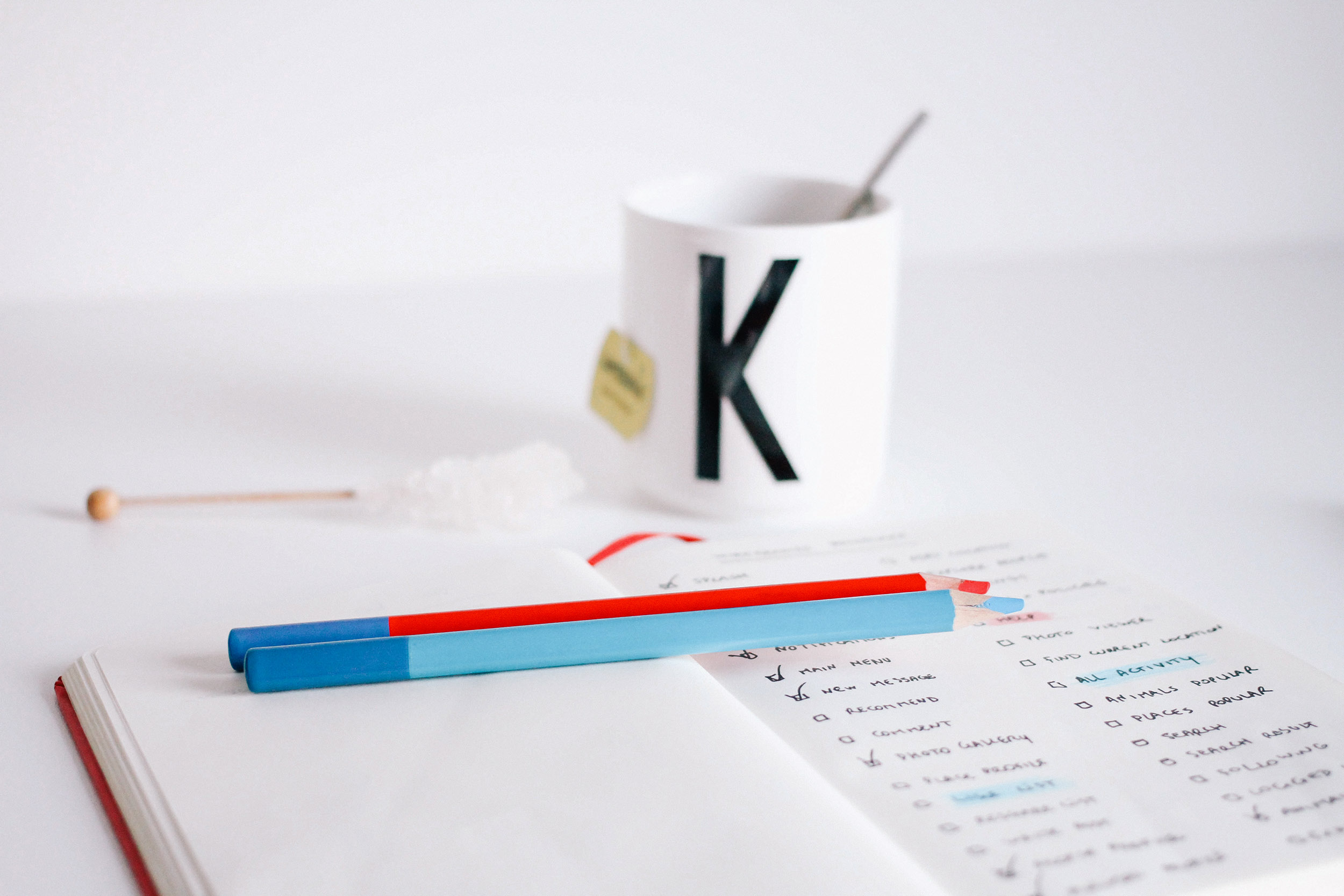Students of English learn quickly that to every rule, there is an exception; sometimes the exception is the rule. That appears to be the case when forming plurals.
Most nouns form their plural by adding s or es:
- toys
- books
- blocks
- cups
- cars
Words that end in s, x, z, ch, or sh add es (as well as another syllable) to form their plurals.
- boxes
- houses
- hunches
- wishes
- whizzes (note the double z)
Things get a little more complicated with words that end in f or o. Words that end in f usually form the plural by turning the f to v and adding es:
- wife – wives
- knife – knives
- half – halves
- shelf – shelves
BUT here are a couple of exceptions:
- roof – roofs
- safe – safes (so as not to be confused with the present tense of the verb save).
Words ending in o also present challenges. (Just ask Dan Quayle). Some add es, others only s
- hero – heroes
- potato – potatoes (This is the one that tripped up Vice President Quayle)
- echo – echoes
BUT
- ego – egos
- portfolio – portfolios
The best thing to do with these regularly irregular plural forms is to consult the dictionary. And even then, be aware that some words have two acceptable plural forms with corresponding and distinct meanings.
The plural of staff—staffs—means a group of people. But the plural of the musical notation staff is staves.
Mediums are people with paranormal powers; media are artistic materials.
And what about hyphenated compound nouns like daughter-in-law and babe-in-arms? The answer is pretty simple. Add s to the noun portion of the compound: daughters-in-law, babes-in-arms.
Solid compounds are considered regular nouns and take an s: cupfuls, spoonfuls, handfuls, teaspoonfuls
Open compounds like attorney general also add s to the key noun: attorneys general.
The general rule—regardless of whether the compound noun is hyphenated, two words or closed—is to make the principle word plural. Another way to think of it is to pluralize the element that is subject to change in number.
Next month I’ll tackle some of the other exceptional ways to make plurals: including proper nouns, abbreviations and initialisms, and everybody’s favorite—English words adopted from the classical languages.
